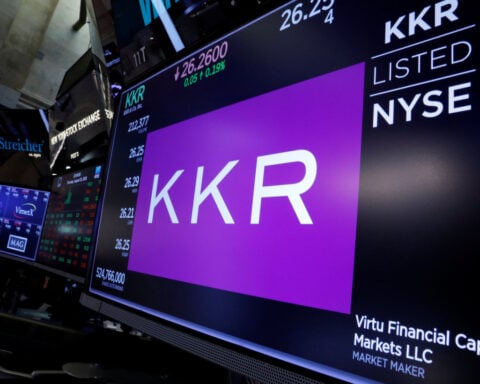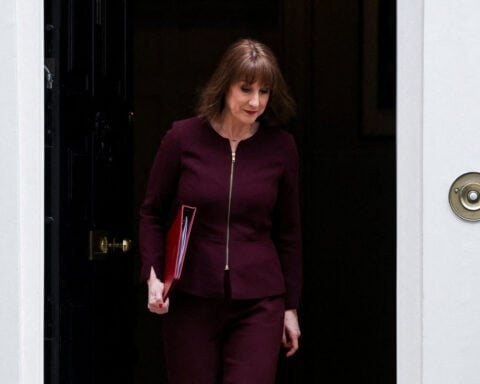Beginning February 13, over 700,000 low and middle-income Michigan families will start receiving tax rebate checks averaging $550 under an expanded state tax credit program. The extra cash comes from $1 billion in tax cuts signed into law last year by Governor Gretchen Whitmer. It represents welcome relief for households facing rising costs of living statewide.
The payments originate from enhancements to Michigan's Earned Income Tax Credit (EITC), which benefits lower wage earners. The state matched the credit to 30% of the federal EITC amount from just 6%. The change created billions in tax savings that officials now return directly to qualifying taxpayers. It applies retroactively, so filers gain additional refunds from last year's returns.
Governor Whitmer said the checks will help cover bills, food, school supplies, and other essential household expenses. "This directly benefits half the children in Michigan, and moms and dads can use this extra money at tax time to pay the bills, put food on the table, and buy school supplies," Whitmer stated. She added that growing take-home pay and cooling nationwide inflation show that policies like the expanded tax credit provide concrete relief.
Filers must satisfy both state and federal EITC eligibility to receive a payment. Primarily, they need earned income from jobs or self-employment and income below certain thresholds. For example, the 2022 federal EITC maximum is $6,935 for workers without children, $10,980 for those with one child, and $16,750 for two kids. State limits are lower at around 30% of those dollar amounts. Each Michigan taxpayer's actual rebate will vary but averages approximately $550.
The Treasury Department will issue the Michigan tax rebate checks on a rolling basis as 2022 returns get processed ahead of the April deadline. Direct deposits will hit bank accounts first, followed by paper checks in the mail. All payouts should be completed by the end of the year. The legislation did not authorize additional EITC boosts beyond 2022, so checks in 2023 and beyond will likely revert to prior years' lower rates.
Still, some politicians argue the EITC expansion did not reach far enough, as higher-income families around the state median wage get left out. "We need to open it up to more middle-class families so they can get a little bit of help as they try to pay for groceries, rent, gas, childcare, and other essential items." said Democratic State Rep. Matt Koleszar last week. He plans to push colleagues for another credit restructuring during upcoming budget talks.
For now, Governor Whitmer and others are celebrating the extra dollars about to land in bank accounts. They tout examples like a married couple with one child seeing EITC checks jump from $181 before to $542 now.
Across Illinois, another similar state tax rebate offer should also start distribution soon after clearing legislative hurdles last month. The one-time payments equate to around 6 to 7% of a taxpayer's 2021 Illinois income tax liability, meaning maximum payouts of up to $700 for joint filers. However, sending the $1.2 billion total relief required cutting planned business tax incentives to fund it.
Critics of these state tax relief programs argue they offer only temporary band-aids, insufficient to counter broader economic instability. "If lawmakers want to help working families, they should be expanding eligibility for child care assistance and enacting paid family leave instead of settling for election-year gimmicks," said Illinois activist Anthony Galloway.

 Trump has begun another trade war. Here's a timeline of how we got here
Trump has begun another trade war. Here's a timeline of how we got here
 Canada's leader laments lost friendship with US in town that sheltered stranded Americans after 9/11
Canada's leader laments lost friendship with US in town that sheltered stranded Americans after 9/11
 Chinese EV giant BYD's fourth-quarter profit leaps 73%
Chinese EV giant BYD's fourth-quarter profit leaps 73%
 You're an American in another land? Prepare to talk about the why and how of Trump 2.0
You're an American in another land? Prepare to talk about the why and how of Trump 2.0
 Chalk talk: Star power, top teams and No. 5 seeds headline the women's March Madness Sweet 16
Chalk talk: Star power, top teams and No. 5 seeds headline the women's March Madness Sweet 16
 Purdue returns to Sweet 16 with 76-62 win over McNeese in March Madness
Purdue returns to Sweet 16 with 76-62 win over McNeese in March Madness








